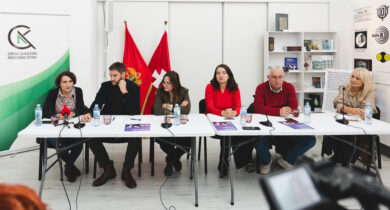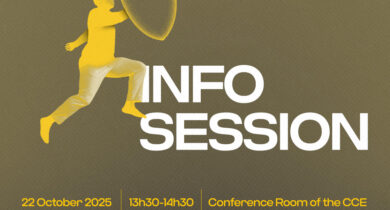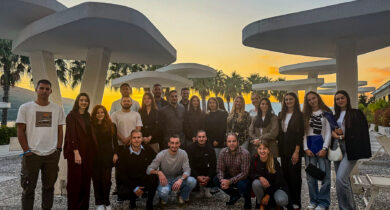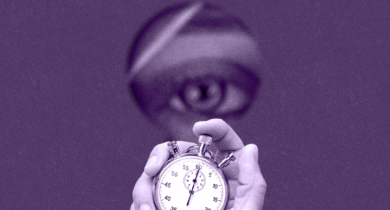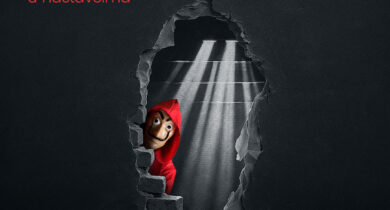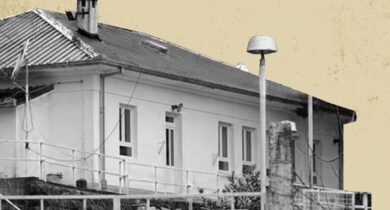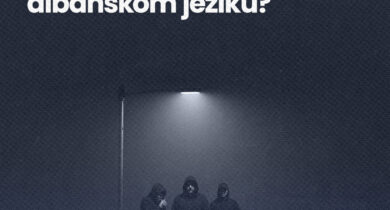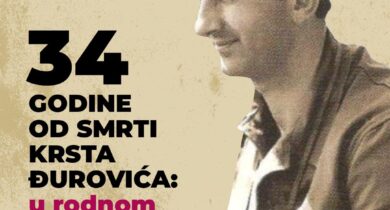The 1990s are not just a part of history – they are still present in the way we remember, decide, and live. This was the central theme of the panel “The 1990s: From Non-Compliance to Resistance”, organized today by the Centre for Civic Education (CCE), Cultural Front, and M90 Foundation at the Cultural Centre of the Old Royal Capital Cetinje.… »
Press release 2025
Notice on Info session
Centre for Civic Education (CCE) is organising an info session to present the CfP for Supporting Civil Society Organisations (CSOs) Projects in Montenegro within the framework of the programme Protection of Rights and Promotion of Digital Citizenship: Montenegrin Digital Shield (MDS). The info session will be held on 22 October 2025, from 13:30 to 14:30,… »
Through confronting the past towards a more just society
“Understanding Montenegro’s past and confronting it is the only path toward a society that does not repeat the mistakes of history,” was one of the key conclusions of the first module of the Transitional Justice School, held in Kumbor (Herceg Novi) from 11 to 14 October 2025, organized by the Centre for Civic Education (CCE).… »
Lawful Removal of the Pavle Đurišić Monument – A Matter of Justice and Values
Civil society organizations and civic activists express concern over the inadequate actions of the competent authorities regarding the monument to Pavle Đurišić, particularly because a renewed inspection of the Đurđevi Stupovi Monastery residence has still not been carried out to seize the object that constitutes evidence of a criminal offence. We emphasize several important criminal-law… »
Systematic, not reactive and partial transparency is needed
Centre for Civic Education (CCE) welcomes the reaction of the Deputy Prime Minister for Security, Defence, the Fight against Crime and Internal Policy, Aleksa Bečić, whose office, only 52 minutes after CCE’s statement on the lack of transparency of the Government’s General Secretariat (GGS), published part of its expenditures related to official travel. Such a… »
Better Securing of Evidence Means Less Material for Netflix
Centre for Civic Education (CCE) points out that the first-instance verdict in the “Tunnel” case has once again raised the issue of the necessary amendments to the Criminal Procedure Code (CPC), particularly in the part concerning the securing of evidence through sampling. Two years after this case, the competent authorities have still not adopted the… »
Remembrance of Victims Must Not Be Closed Off
Human Rights Action (HRA), the Centre for Civic Education (CCE), and the Centre for Women’s and Peace Education ANIMA express their regret and protest over the fact that the authorities of Montenegro, instead of ensuring a dignified commemoration of the war crime committed against Croatian prisoners in the former “Morinj” camp, sent out ambivalent and… »
An exhibition that opens a dialogue about the 1990s and our present
Thirty years later, we are witnessing worrying similarities with the 1990s, which is why this exhibition serves both as a reminder of the importance of resisting the regressive ideologies that marked that period, and a warning to reflect for us as a society and not repeat the mistakes of the past, is one of the… »
Who Is Protecting the Hooligans Who Disrupted the Screening of a Film in Albanian?
Civil society organizations and civic activists once again call on the State Prosecutor’s Office and the Police Directorate to finally inform the public about the status of the investigation into the violent disruption of the screening of the film “Roda”, which was interrupted solely because it was in the Albanian language. More than a month… »
34 Years Since the Death of Krsto Đurović: A Street in His Hometown Will Bear His Name
Today marks 34 years since the death of Krsto Đurović, Rear Admiral of the Yugoslav People’s Army (JNA), who died in a helicopter crash in 1991 under circumstances that remain unclear, during the early days of the JNA attack on the Dubrovnik area of the Republic of Croatia. ‘As long as I am commander, you… »

